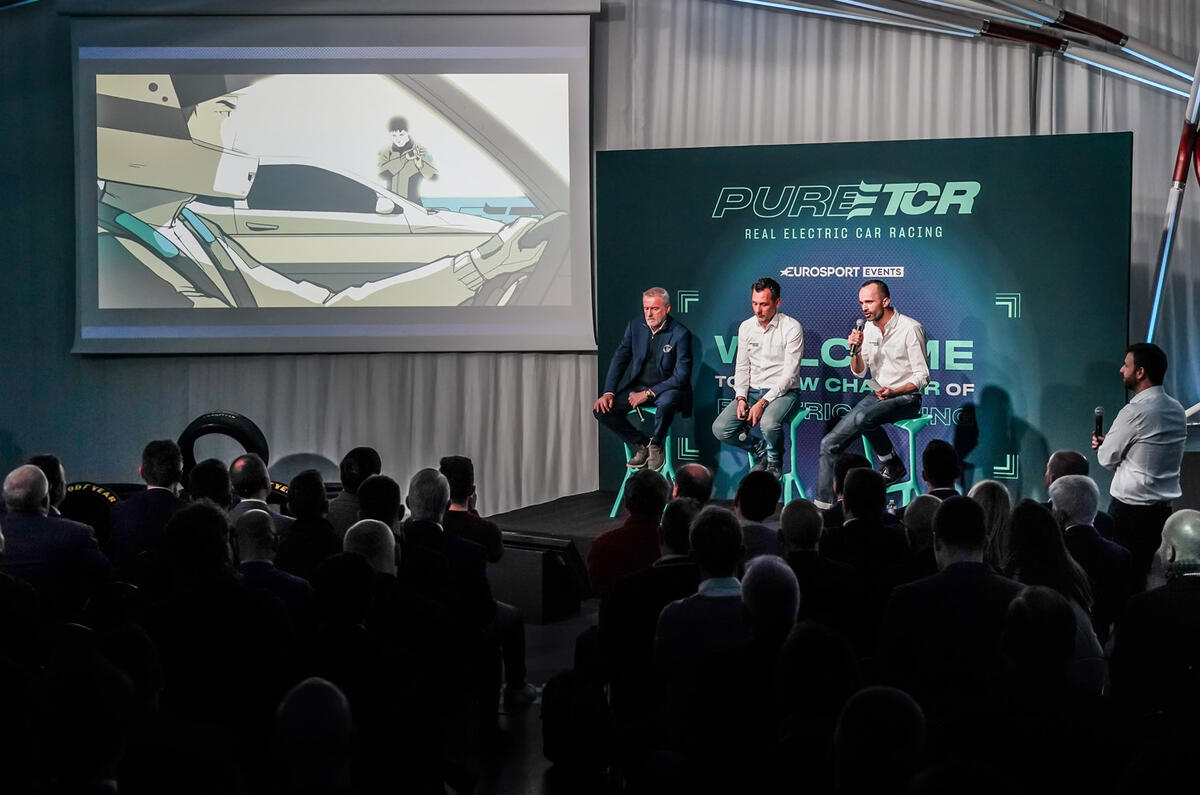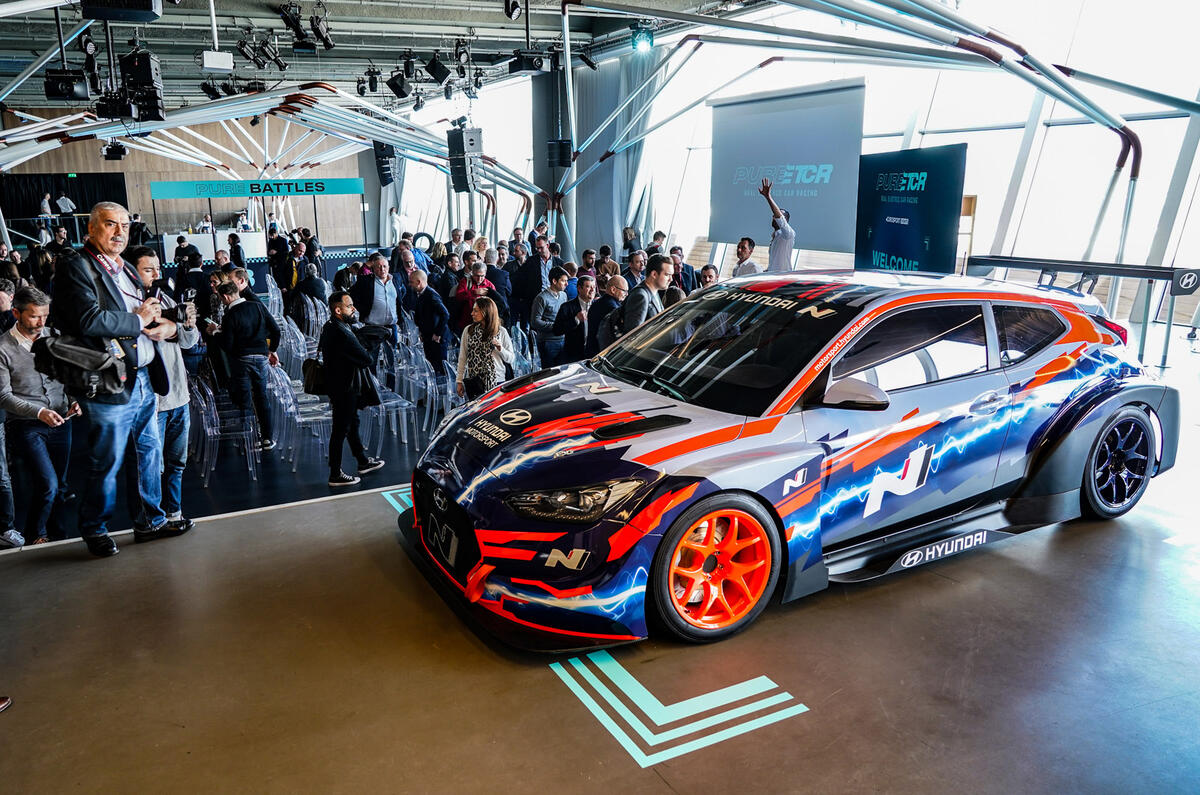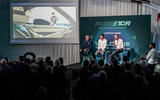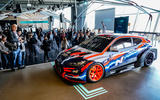Sparks are flying in the electric motor racing arena, thanks to a growing sibling rivalry between Formula E and the new Pure ETCR touring car initiative. The Discovery Group, which owns TV broadcaster and events organiser Eurosport, has a stake in both – but that didn’t stop Pure ETCR boss François Ribeiro making a few pointed digs at the single-seater championship at a launch event in Paris.
“Formula E has been very good, but it promotes technology, not product,” he said. “Touring cars are a great tool for manufacturers to promote their products, not technology. Motorsport can play a role in changing perception. And we’re motorsport promoters, not an advertising agency.
“We want high-performance cars with big wheels and plenty of power, to be good looking and – we hope – driven by the best touring car drivers. We want to promote the performance of electromobility.”
Even Pure ETCR’s tagline of ‘real electric car racing’ could be read as a jibe at Formula E, which is now in its sixth season and features the likes of Porsche, Mercedes, Audi and BMW. “We will promote it heavily and we will promote real cars – not single-seaters, not prototypes,” said Ribeiro.
His emphasis on racing excitement over green worthiness – “we are not trying to save the planet” – is an attempt to normalise EV racing in a world where fans remain sceptical.
The ETCR concept, which will be demonstrated at this year’s Goodwood Festival of Speed, prioritises power over range: 402bhp, rising to a maximum of 671bhp, from an 800V Williams Advanced Engineering battery that offers just 21 minutes of life.
But with a rallycross-style format of short (8-10km) races, or ‘battles’, as they insist on calling them, quick-fire spectacle is all that counts. It’s gimmicky (the greyhound racing-style starter gates sound naff), but the car makers should approve. Cupra and Hyundai already have contenders racking up test miles; a series of eight rounds is planned for 2021, rising to 10 the year after.
Ribeiro described Pure ETCR as “disruptive”. When approached by Autocar, Formula E refused to be drawn. But a second major series for EVs that offers something different should be welcomed into a sport that’s facing a cloudy future.
The question we can’t yet answer is: are such concepts the full picture for racing in a carbon-neutral world, or can the internal combustion engine still fight back? Are racing EVs the new normal or a red-herring distraction from what’s really up next?
READ MORE
Racing lines: F1 pulls in the public; car makers? Not so much
Racing lines: Car manufacturers may be fickle, but motorsport needs them
Racing lines: The ultimate lap… around the world







Join the debate
Add your comment
GHD SPORTS
Thank you for sharing such a creative post as per your interest. It’s nice.